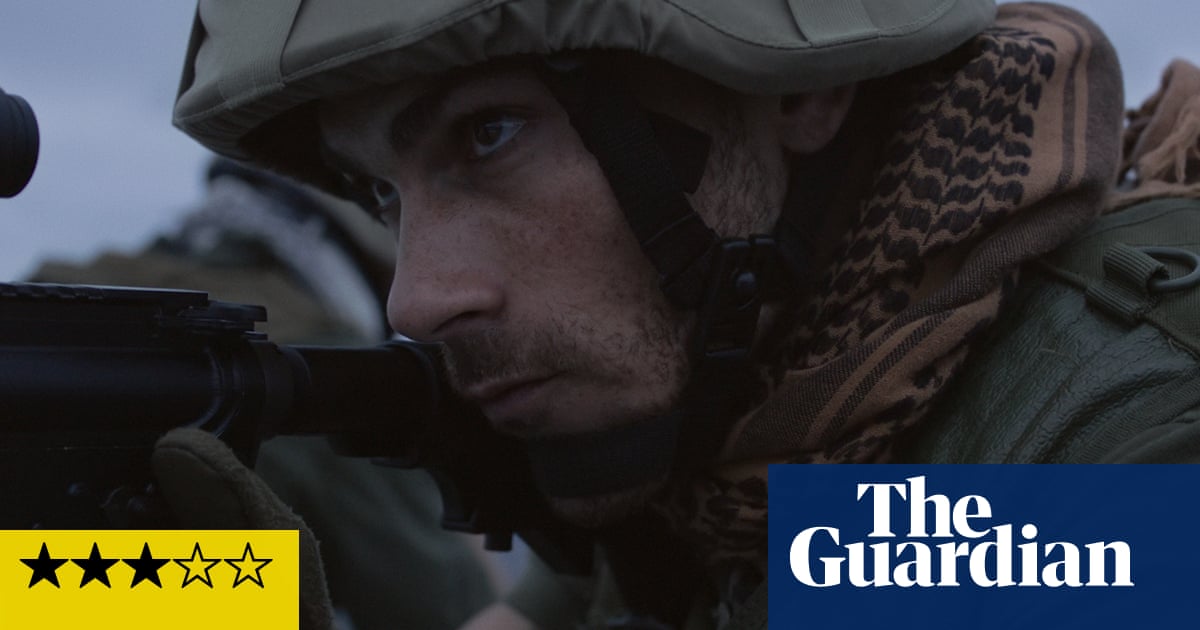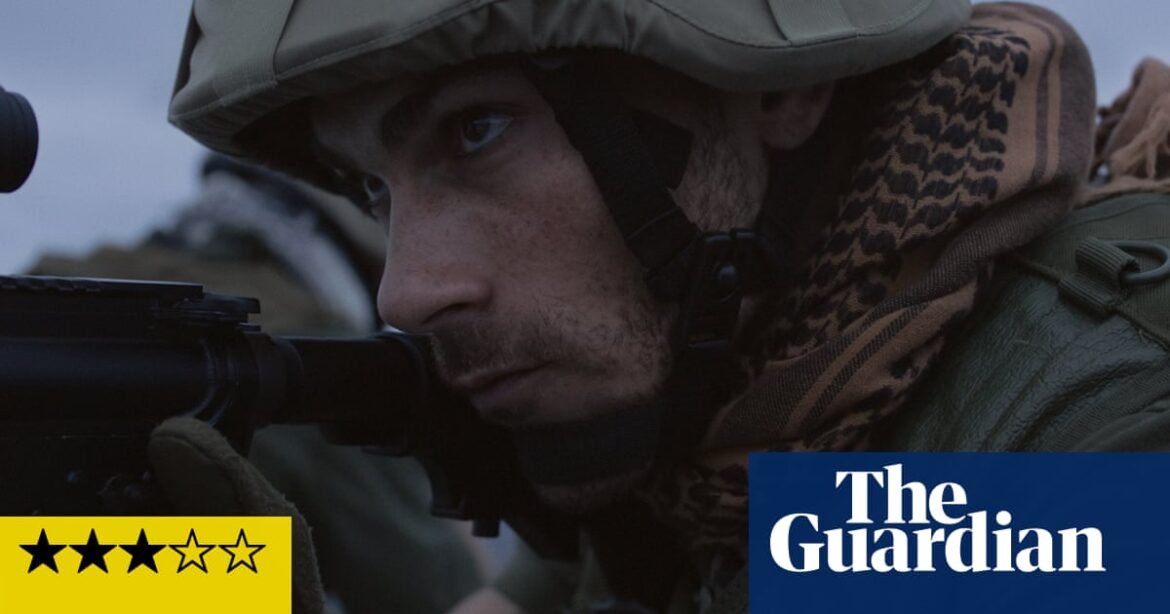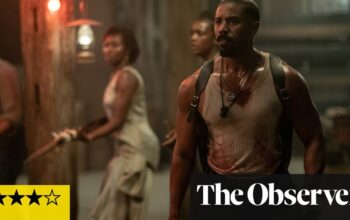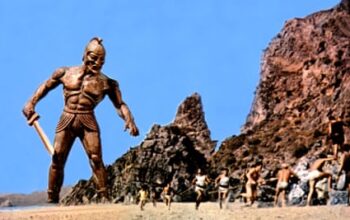
D
Gregoris Rentis’s film is split into three parts and focuses on Yorgos, Costa, and Victor, all Greek private maritime guards at different points in their seafaring careers. They are employed by shipping companies to provide security against piracy in High Risk Areas. The documentary does not glorify their actions, instead portraying them as passive individuals constantly waiting for something to happen. They are not portrayed as agents of control.
Recently hired, Yorgos is adjusting to his unfamiliar circumstances, as his daytime training sessions are now traded for late nights at the club. In contrast, Costa, who is at the height of his professional success, appears more comfortable with the temporary nature of his lifestyle. However, he is still interrupted by calls from his loved ones, including a girlfriend who misses him. For Victor, who is responsible for training new recruits, this lifestyle is better suited for younger individuals; he yearns for a more stable job that will allow him to be closer to his family.
The camera focuses on the male body in a masculine environment, capturing scenes of showering and hand-to-hand combat. This style is reminiscent of Claire Denis’s film Beau Travail, featuring sensual visuals and a hint of homoeroticism that challenges the militarized atmosphere. However, this artistic approach also overlooks the larger sociopolitical issues surrounding the presence of mercenary groups. The film highlights the racial disparity between the predominantly Caucasian security team and the mostly non-white domestic staff, but fails to delve into the complex topics of race and class hierarchies in favor of more abstract images.
Source: theguardian.com



